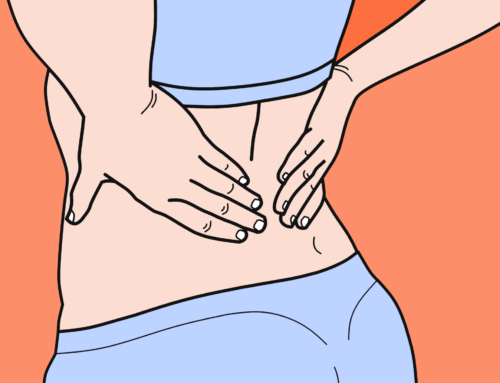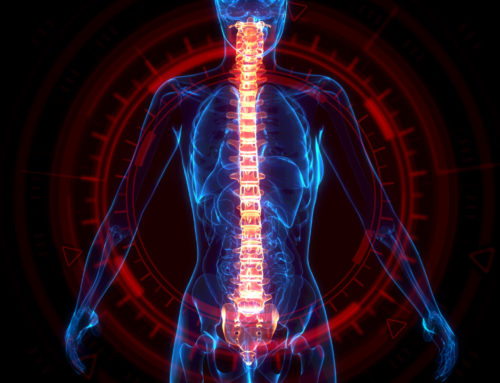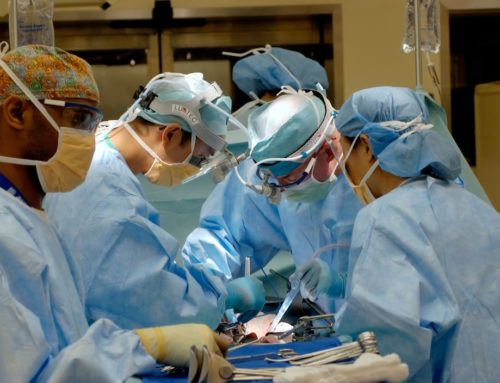About 20% of people who experience acute back pain go on to develop chronic back pain with persistent symptoms. And symptoms can extend beyond just your back. They can include hip pain, leg pain, and sometimes cause an inability to walk. If you are concerned about your symptoms, it’s good to know your treatment options. Maybe you have already spoken with your primary care physician, and they have recommended a spine surgery center. If they told you about lumbar decompression surgery, you have come to the right place.
Keep reading to learn more about lumbar decompression surgery and when it might be the right option for you.
What Is Lumbar Decompression Surgery?
Lumbar decompression surgery is a surgical procedure specifically used to treat nerves that are compressed in the lower back. Doctors may recommend this procedure if other interventions have not worked and a patient is experiencing persistent symptoms.
Those symptoms could include an inability to walk due to pain or numbness in the hips and legs. This can happen because, when nerves are compressed in the spine, it affects signals sent to the rest of the body.
What Can Lumbar Decompression Surgery Treat?
Conditions such as spinal stenosis, slipped discs, sciatica, spinal injuries, or spinal compression caused by cancer can all benefit from lumbar decompression surgery. In all of these conditions, something is putting pressure on the spine, interfering with the nerves.
Spinal stenosis, for example, refers to when a section of the spinal column begins to narrow. This squeezes the nerves inside the spine. In the case of slipped discs or sciatica, an out-of-place spinal disc presses on an underlying nerve.
How Does Lumbar Decompression Surgery Help?
During lumbar decompression surgery, a patient will be placed under a general anesthetic. The surgery itself could involve one or several procedures.
A laminectomy refers to removing part of the bone from one or more of your vertebrae. With this procedure, the goal is to allow more room for the nerve and therefore relieve pressure. This is common in cases of spinal stenosis.
This surgery could also include a discectomy, which refers to removing a damaged disc. This has the same effect of relieving pressure on an affected nerve and reducing pain.
These procedures can provide immense relief for patients suffering from hip pain or leg pain or struggling with the inability to walk.
Don’t Wait to Treat Your Back Pain
If you are struggling with persistent symptoms such as intense pain or inhibition of movement, don’t suffer through it. Reach out to your doctor to discuss the possibility of lumbar decompression surgery or other treatments.
If needed, ask if your primary care physician will give you a referral. When it comes to your spine, you only want the best neurosurgeon or spine specialist on the job.
To learn more about our physicians and services, contact us today.






